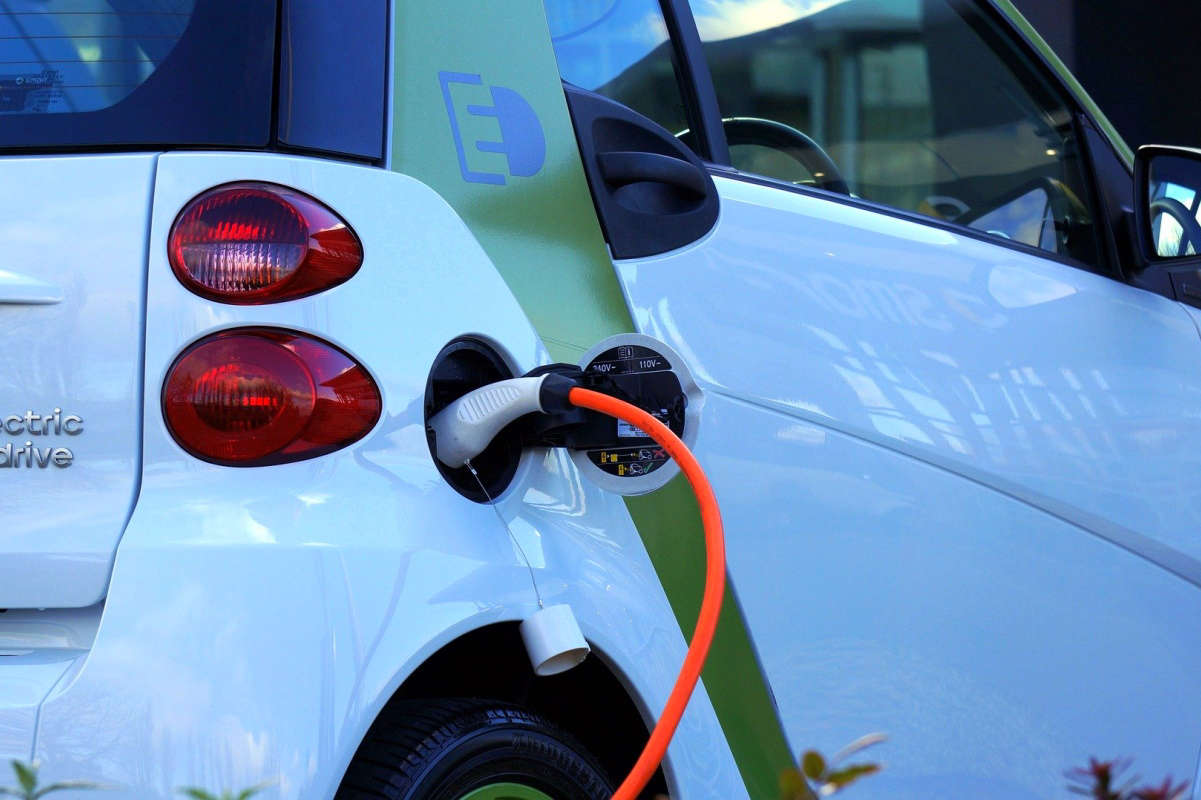
Installing EV charging points in many Scarborough, Whitby and Filey streets is going to be a challenge.
Scarborough Borough Council this week signalled it's intention to switch many of it's vehicles over to electric models.
The Scarborough borough is aiming to be carbon neutral by 2030 a big part of that is going to be persuading people to adopt electric cars rather than petrol models.
The Borough Council's cabinet debated the authorities draft climate change strategy this week, with questions raised about how easy it will be for residents on terraced street to install charging points.
But councillor Jim Grieve says for residents in many Scarborough streets going electric is going to be a challenge.
Chairman of the Borough Council's Climate Change task group, Councillor Phil Trumper admits it's a challenge.
The borough authority declared a Climate Emergency in January 2019 committing the council to doing all it can to meet its target to reduce its carbon footprint.
A review by a climate change task group made up of councillors found that the biggest contributing factor to the council’s carbon footprint was its fleet of vehicles, including its bin lorries, and that the authority should look to switch as many as possible to being electric vehicles (EV) or hydrogen powered.
The task group came up with five strategic objectives for the council to meet its climate change commitment, which were put before the cabinet.
These are
- to decarbonise the council’s fleet and equipment through a planned electric and hydrogen transition,
- decarbonise the council estate through energy efficiency measures and utilising green energy,
- promote zero emission transport in staff business travel and commuting,
- minimise emissions embedded in the procurement and consumption of goods and services
- and embed net zero thinking into every aspect of the council’s culture.”
To do this the task group wants the council to explore by 2023 the possibility of having traffic-free seafronts and bringing e-bike and e-scooter schemes in urban areas.
Concerns were raised at the cabinet meeting about the potential for the traffic-free seafronts.
Cllr Janet Jefferson, the portfolio holder for Corporate Resources, said:
“My main focus I was wanting to talk about was the aspiration for the potential traffic-free seafronts.
“I am just wondering how much the task group has really considered this and what the implications are.
“Our seafronts at both Scarborough and Whitby have working harbours and a working harbour has got to enable traffic 24/7.”
Cllr Jefferson added that when Scarborough’s seafront was closed last year as part of social distancing measures it led to traffic congestion in other parts of the town.
She added:
“Once you close a road you just move the carbon [emissions] elsewhere.”
Cllr Trumper accepted that the traffic-free aspiration was “contentious”.
Harry Baross, the council’s Climate Change and Carbon Reduction officer added:
“This is not something we are saying we are absolutely going to do because we don’t know if it will be a good idea or not.
“We are trying to see what works and what doesn’t”.
The cabinet accepted the report but asked for more work to be done on areas including the role of councillors, how electric charging points would be provided in terraced streets and the creation of a Climate Change Impact Assessment tool that would be used to test all council proposals for their green impact.




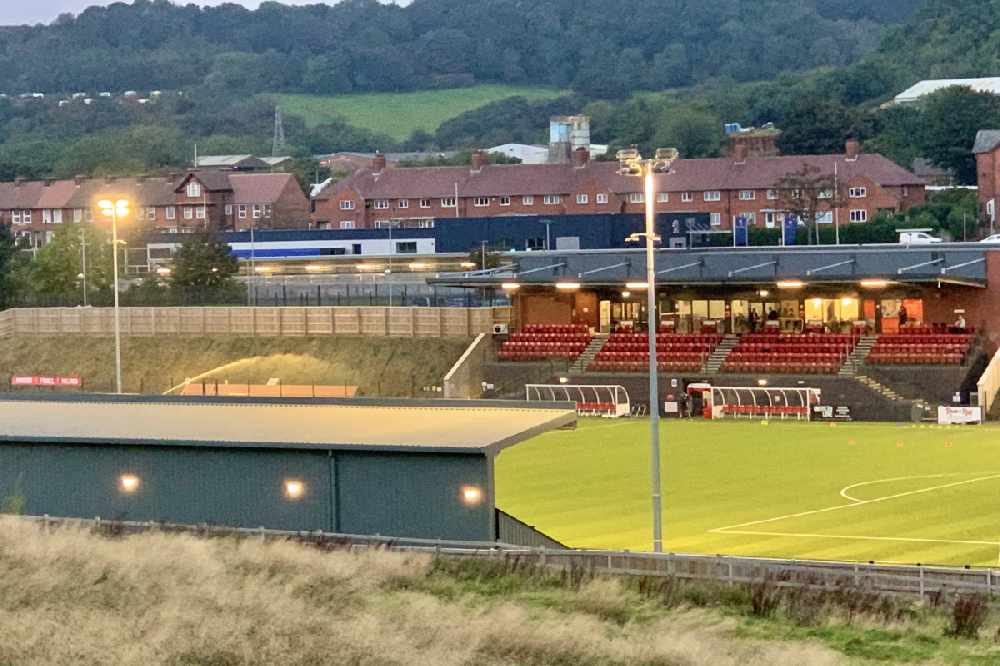 Scarborough Athletic Fans, Finance Director and Manager Speak of Emotional Week at the Club
Scarborough Athletic Fans, Finance Director and Manager Speak of Emotional Week at the Club
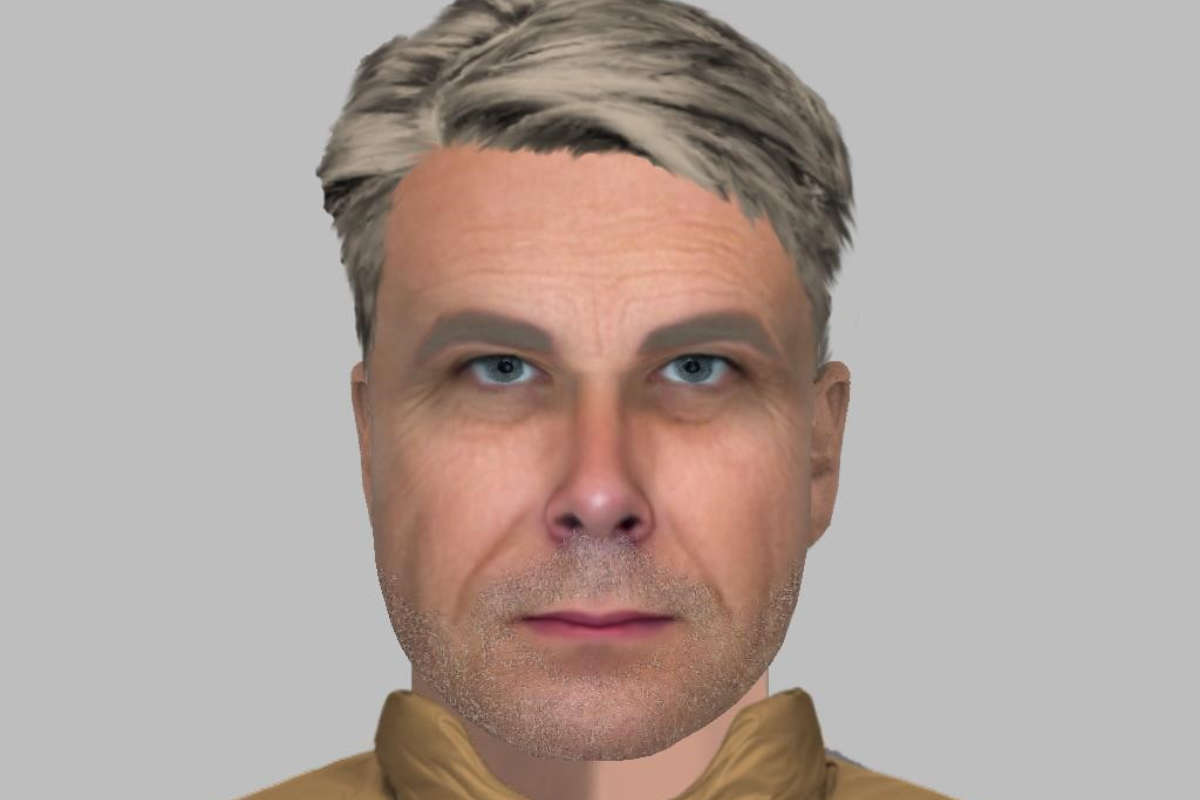 Police Release E-Fit After East Riding Assault
Police Release E-Fit After East Riding Assault
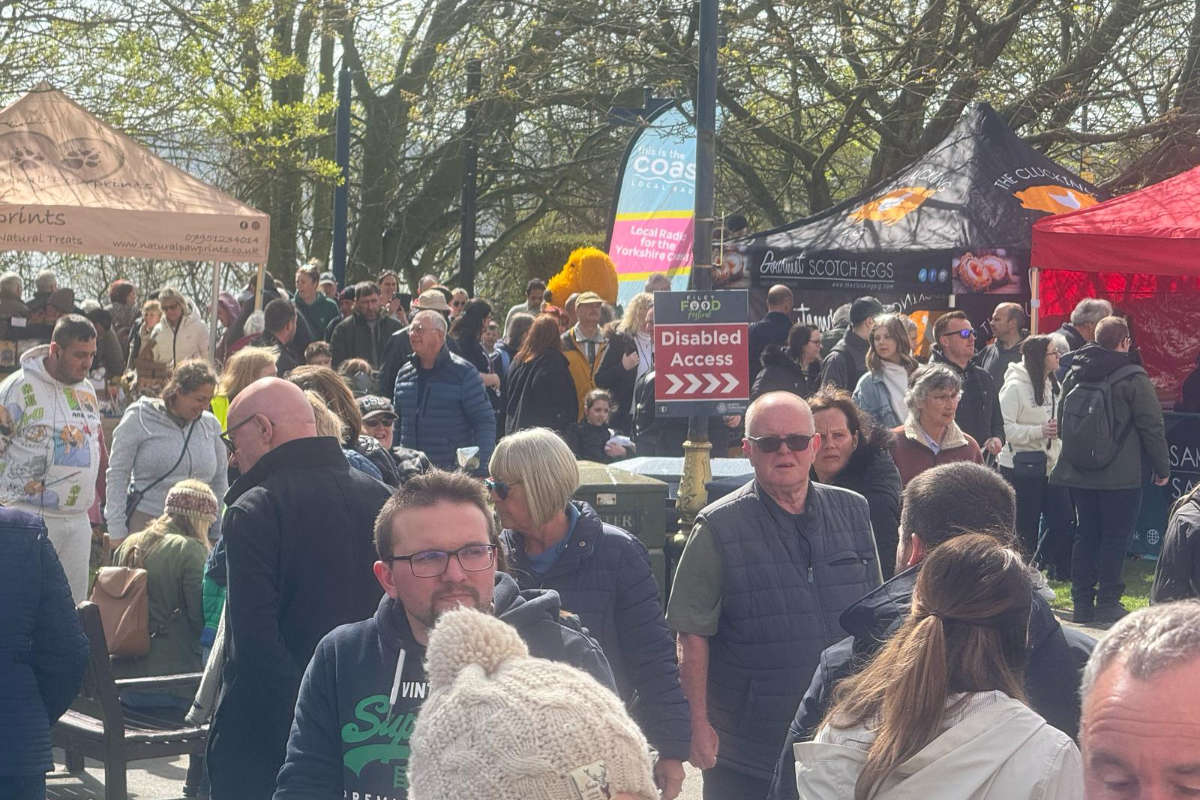 Filey Food & Drink Festival Weekend
Filey Food & Drink Festival Weekend
 Whitby Town On Verge of Safety After Thriller
Whitby Town On Verge of Safety After Thriller
 Scarborough Athletic Leave It Late in County Durham
Scarborough Athletic Leave It Late in County Durham
 Key Weekend in Bridlington Town's Relegation Battle
Key Weekend in Bridlington Town's Relegation Battle
 Tour of Britain Cycle Event for Dalby Forest
Tour of Britain Cycle Event for Dalby Forest
 Look Out For Bridlington Lifeboat's Pirates On The Promenade
Look Out For Bridlington Lifeboat's Pirates On The Promenade
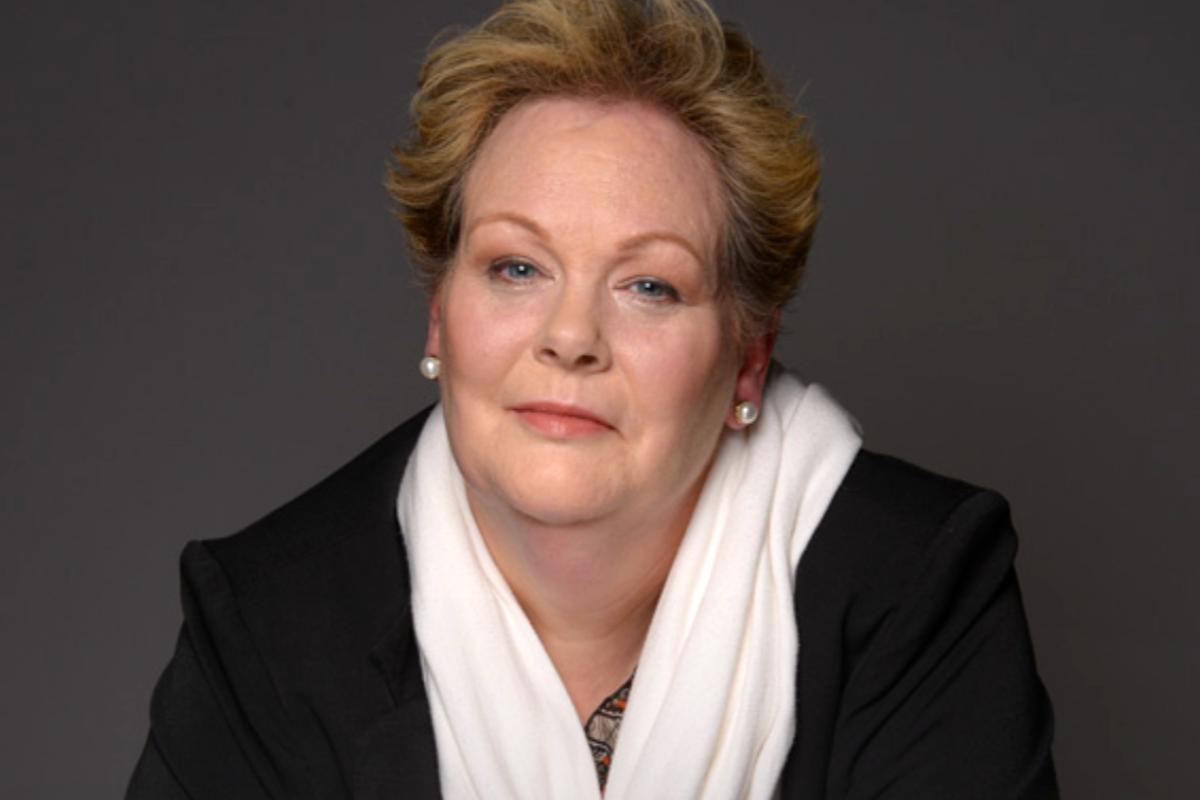 Chaser Returns to Scarborough for Panto Season
Chaser Returns to Scarborough for Panto Season
 Scarborough Athletic Pitch Could be Out of Action for 44 Weeks And Cost £3m to Repair
Scarborough Athletic Pitch Could be Out of Action for 44 Weeks And Cost £3m to Repair
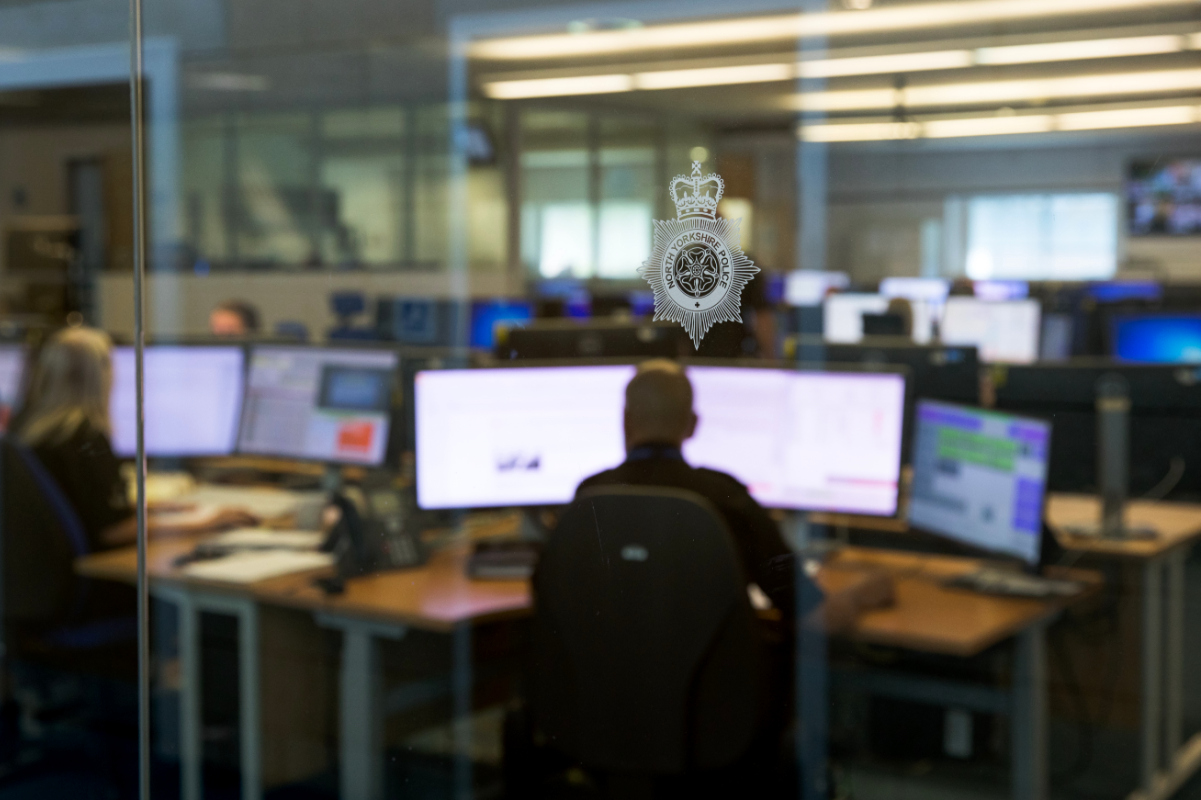 North Yorkshire Police Report Significant Improvement in Call Answer Times
North Yorkshire Police Report Significant Improvement in Call Answer Times
 Ryedale Sex Offender Confronted By Angry Mother
Ryedale Sex Offender Confronted By Angry Mother









Comments
Add a comment